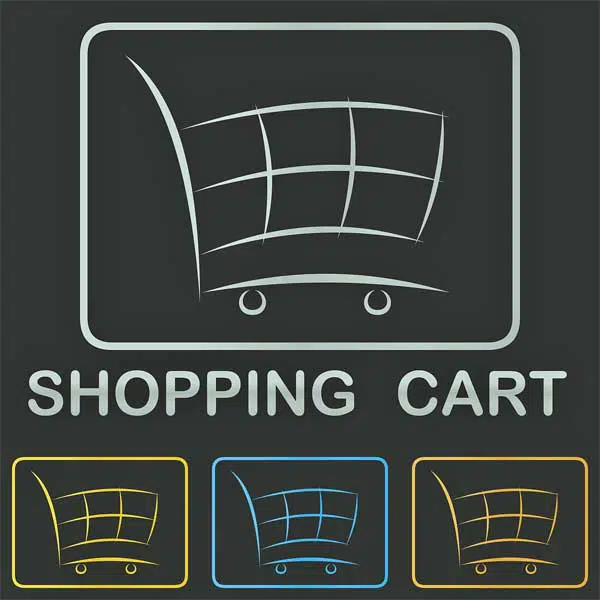Capital One Financial Corp. is barring all of its credit cards from being used for point-of-sale lending transactions, aside from the United Kingdom where buy now, pay later products are being reviewed for possible regulation.
The move comes as overall buy now, pay later providers garner a lot of attention, and payments stalwarts such as PayPal Holdings Inc. and Visa Inc. join the market.
In a statement CapOne said that it would bar “transactions identified as point-of-sale loans charged on its credit cards, regardless of the point-of-sale lender.” Debit cards and checking accounts are not involved in this action.
Capital One views these types of transactions as risky, a Reuters column says. “Capital One’s hostility is to be expected: BNPL providers are trying to eat its lunch,” the column says.

Buy now, pay later payments typically require the consumer to use a payment card that will be charged 25% of the total price at the time of transaction and three other installments of 25% each every two weeks. Most BNPL providers allow credit and debit cards. Installment payment provider Klarna AB says between 80% to 85% of its transactions are made with debit cards. Australia-based Afterpay Ltd. says 90% of its transactions are made with debit cards.
Still, observers suggest CapOne’s move may be a wise one. “Capital One’s strategy … is a sound credit move because it stops refinancing prior debt,” says Brian Riley, director of credit advisory services at Mercator Advisory Group. “There are several issues with the BNPL model which come into play.” He points out that it can be an easy, and sometimes too easy, credit extension. There is a lack of clarity on disclosures, as fintechs like BNPL providers are less regulated than banks. Third, there is limited testing of “ability to repay” standards.
“The market does fit a need,” Riley says, “however, the concern is that lending is not bank-grade.”
As with most of payments, the focus of this move is about risk, says Ben Jackson, chief operating officer for the Washington, D.C.-based Innovative Payments Association, in an email message. “Just because a loan is delivered in a new way doesn’t mean that underwriting no longer applies. You typically can’t use one credit card to pay another credit card bill, so why would it be different for other types of loans?” Jackson says.
“The classic three Cs of credit still apply: collateral, capacity, and character,” Jackson continues. “If you use a credit card to pay a buy now, pay later loan, you are using one form of unsecured credit to pay another form of unsecured credit, which calls into question your ability to repay. So you’ve run into trouble when it comes to collateral and capacity.”





